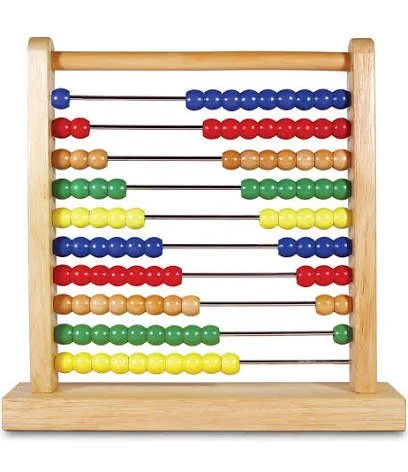Dibs on that vicious abundance
It doesn’t always matter if the slipshod way of making something out of gluons and would-be syncretism is spelled out in the lab report. Sometimes you try and make a universe just to bunk super symmetrical claims and the universe shirks loose of the hold you had on it. Calamity ensues, administrators appear ululating exasperation. Wrangle the universe back into kelvin zero box, or leave it be. The cat will die or it won’t. But eventually it will.
Coming at it from a slipshod point of attack in the concentrated mapping of starscapes is no worse off than coming at an associative putsch in the unwinding of neurotic bleating. Galaxies and minds have their own fearful symmetry. It hits different from the bottom of the well, is all.
I say that I am the anachronism of a man in a hat with a newspaper tucked under my arm, striding confidently in the direction of the advertisement’s denouement, ready to close the always-present transaction and avail myself of the gods and their immense lucidity. Do you believe? Can you countenance the symbol of the gray flannel suit? And this is an altogether different universe than the one you unleashed in the lab. This plenipotentiary construct. This re-strained analogy. This limpid coelacanth of a metaphor.

















